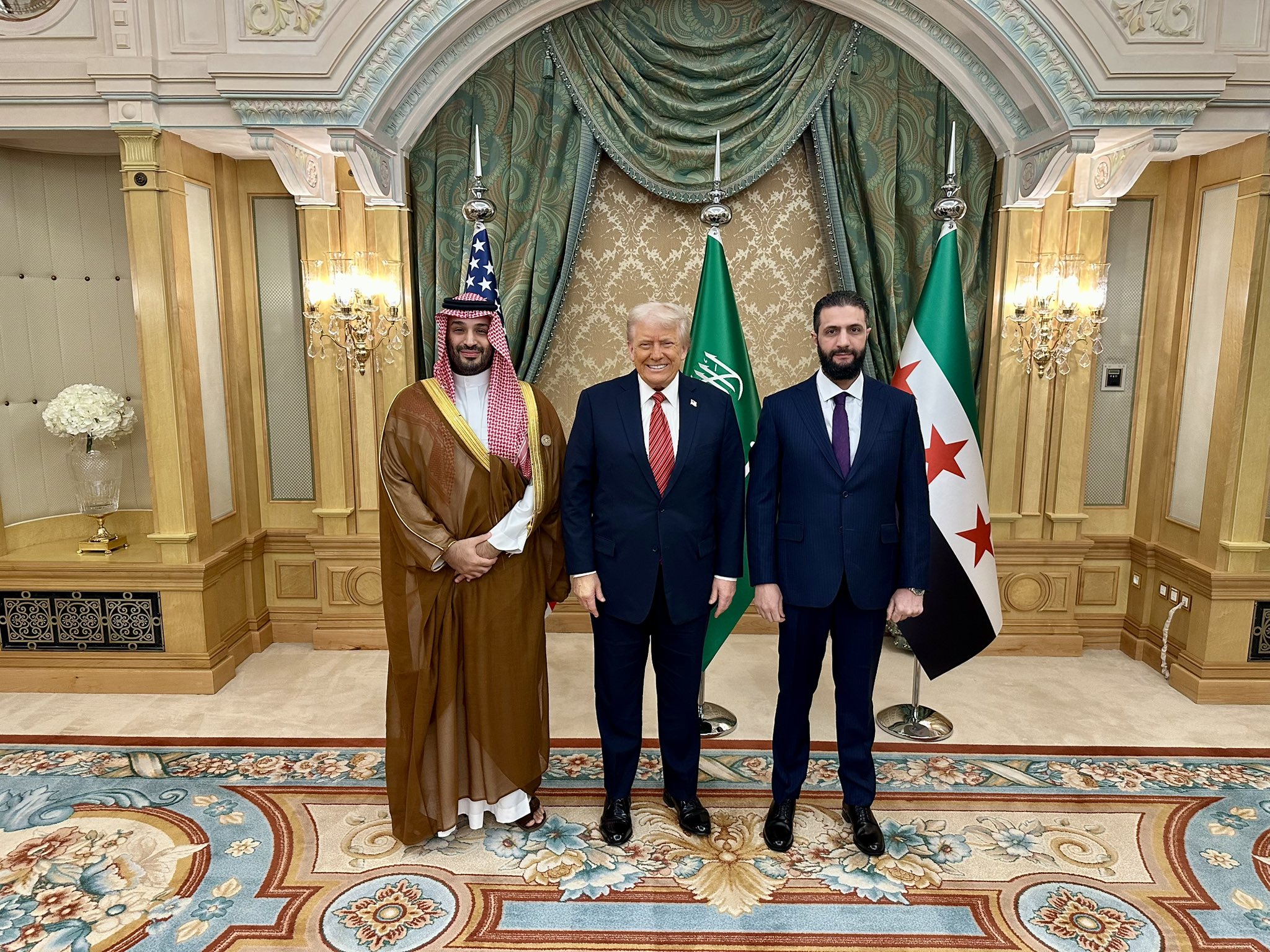In December after the Islamist Hayat Tahrir al-Sham (HTS) took power in Syria, the Biden Administration lifted the $10 million bounty on the head of Ahmed al-Sharaa, formerly known by the nom de guerre Abu Mohammed al-Jolani.
Sharaa has gone on quite an effort to improve his reputation in the West, and with the US in particular, distancing himself from his al-Qaeda past and talking about reconciliation within Syria, where he is now president. In September, he will become the first Syrian leader since 1967 to visit the United States.
Sharaa’s visit was reported by Syrian state TV, and was said to include a planned address to the UN General Assembly. Given his relatively recent status as a highly wanted terrorist leader, it’s likely to ruffle some feathers.

President Trump met with Sharaa in Saudi Arabia in May, and praised Sharaa for his “very strong past.” The week before the meeting, Sharaa proposed the idea of a Trump Tower being built in Damascus.
Sharaa has met multiple US delegations since the Trump meeting and continues to play up his desire for positive relations. The US has confirmed endorsing the idea of Sharaa’s HTS integrating thousands of foreign jihadists into the Syrian military. So from the administration’s perspective, Sharaa’s visit is likely to be viewed as non-controversial.
Sharaa isn’t exactly being feted everywhere he goes, however. In April it was announced Iraq was inviting him to attend the Arab League’s Baghdad summit, which caused a lot of opposition since he was formerly a high-ranking member of al-Qaeda in Iraq (AQI). In the end, Sharaa quietly decided not to attend and though he did not give a public reason, it is believed to be because of that opposition.
Him visiting New York City to speak to the UN is liable to fuel similar resistance, if not officially. The US, as the host of the UN, is obliged to let foreign heads of state attend. Having Sharaa use the opportunity to meet with more US officials on American soil, however, would surely be more controversial.
Sharaa split with al-Qaeda officially in 2016, renaming his organization multiple times before landing on Hayat Tahrir al-Sham. The split was seen as largely a political maneuver to solicit support from the international community in a way an al-Qaeda affiliate couldn’t, and there were no substantial ideological differences involved. Al-Qaeda was seen at the time to be supportive of the split.


